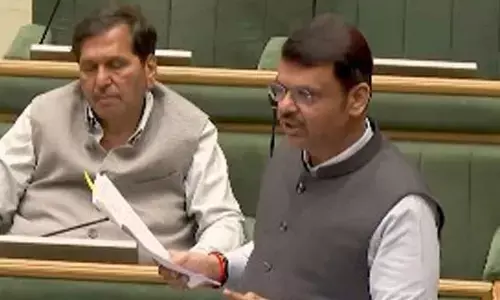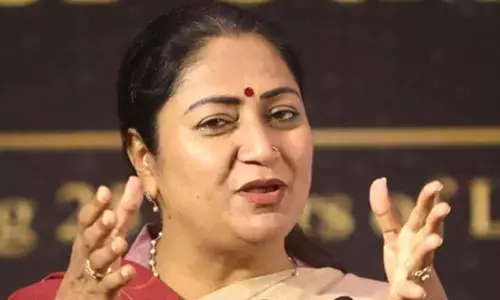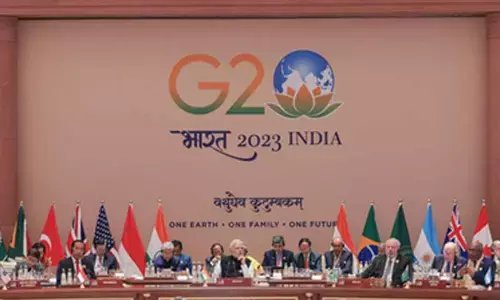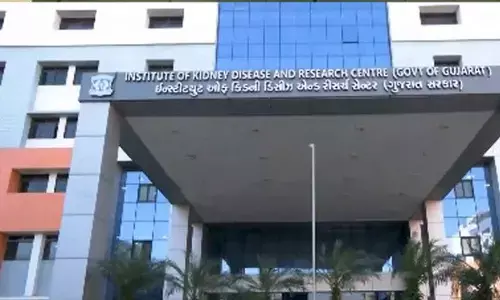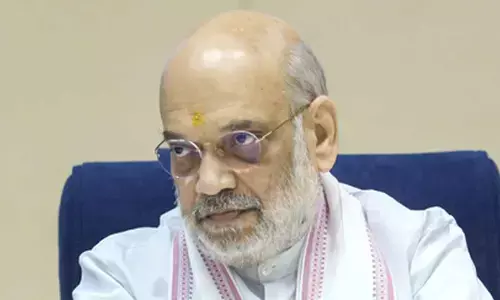Smart thinking and planning key to build smart cities
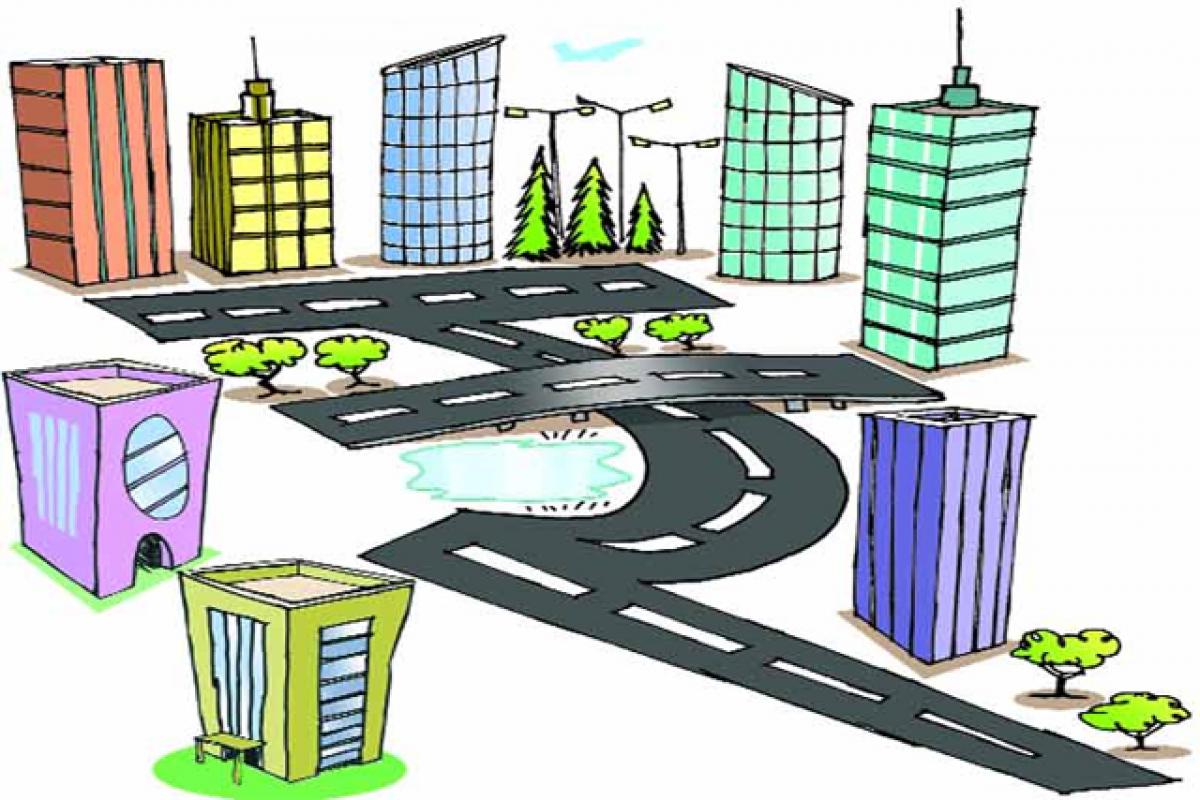
SMART THINKING AND PLANNING KEY TO BUILd SMART CITIES. Urban development in India needs smart thinking and planning since many cities and towns experience social, economic and spatial transformation due to various reasons.
Crunchy numbers, crispy stats
Urban development in India needs smart thinking and planning since many cities and towns experience social, economic and spatial transformation due to various reasons. In the 1960s, cities and towns practiced the “sector development” approach (such as road, hospital, school and houses, and considered each one as a separate sector). In 2015 we are talking about “smart cities”. The developments are visible due to the rational and critical thinking of planners in understanding and solving issues related to urban life.
.jpg)
Realising the importance of critical thinking among city and town planners, policy makers, political leaders and city administrators are rare in India. There is little to guide or motivate them in terms of the development of skills for analysis in their everyday work. Added to this, is the attitude towards city people, slum communities, economic development, etc. There is a need for a shift from conventional and traditional thinking to the rational. However, the importance of critical thinking skills in day to day work needs to be realised.
‘Smart Thinking and Planning’ is designed to evolve a simple guide for planning and development. It also uses analytical skills towards various issues related to urban and regional development. It combines the undoubted strengths of reasoning and analysis which is essential. The social relativism and inter-subjectivity are that of a communicative theory approach. Reasoning is the basis of much of our thinking. It can also be defined as a process of understanding and exploring the relationship between events, objects, and ideas related to our cities and towns.
The city administrators and planners need to think about the reason for their existence and not just personal benefits. Realising that the reason to get paid is to work for the people is important. If it is so, the delivery of services to the common citizens could improve. This will encourage the local government and people to live and grow together, thus making a smart city. Smart thinking and planning improves the way in which we can work with knowledge and information.
It also helps in delivering social development.
(1) Smart thinking and planning helps you to understand ‘you’ better. All professional work requires the use of reasoning. It is essential to understand the context and choose the key area of work. (2) Smart thinking and planning helps you work better. Work is, by and large, about decision making. (3) Smart thinking and planning makes you an active member at your work as well as at your communities. It is the responsibility of the planners, policy makers and political leaders to understand where necessary to change, to get involved and make things better.
The need for planning and development of many smart areas in the cities of India is essential since the urban population in India grows at 31% in 2011 and is expected to be around 40% by 2030. It is worth mentioning that by 2030, another 225 million people will be added to the Indian urban areas. This figure is more than the population of Japan and Germany combined. During the last decade, the number of areas of continuous urban development increased in India from 34 to 51 during 2011. It is expected to touch 100 by 2030. Some big cities like Delhi, Mumbai and Chennai are even unable to accommodate the spatial expansion due to the natural barriers among some reasons.
The development of a million plus existing developed cities is envisaged by master plans at the city level and zonal plans at the area level. Many of the cities and towns in India are experienced in making master plans which are considered for 20 years. Cities like Delhi have three master plans and it is the time for planners in Delhi to get ready for the preparation of the fourth master plan. Big cities in India have to gear up towards preparation of “redevelopment plans” rather than “development plans”.
It is because there are many cities in India are constrained with its spatial growth in some cases the big cities merge with the small urban areas in the peripheries. So the urban development is possible with “vertical development” rather than horizontal development due to complex boundaries and multiple administrations. Thus, the smart city concept is apt in order to make many areas of the cities smart and enhanced aesthetic terms as well as living conditions.
In Andhra Pradesh State the Amaravathy city (which is in the making) is considered to be a capital city of national priority and will be built as a smart city. It is the dream city for the people of the state as well as the country. So it is possible to adopt a smart city concept and create smart office, smart buildings, smart planners, smart administrators and lastly, smart people.
The success of creating smart areas in cities whether in the urban core areas or in the urban peripheries needs (a) better use of technology in space building, (b) critical thinking and attitudinal change of city planners, local government staff, bureaucrats, and political leaders, and (c) community collaborations. Dr. Abdul Razak Mohamed, DEAN of Studies & HOD Planning, School of Planning and Architecture, Vijayawada
BY Dr Abdul Razak Mohamed








